
Why You Should Knock Three Times Before Entering a Hotel Room, Even When It's Vacant
Even with the hotel room empty, always knock three times before entering.
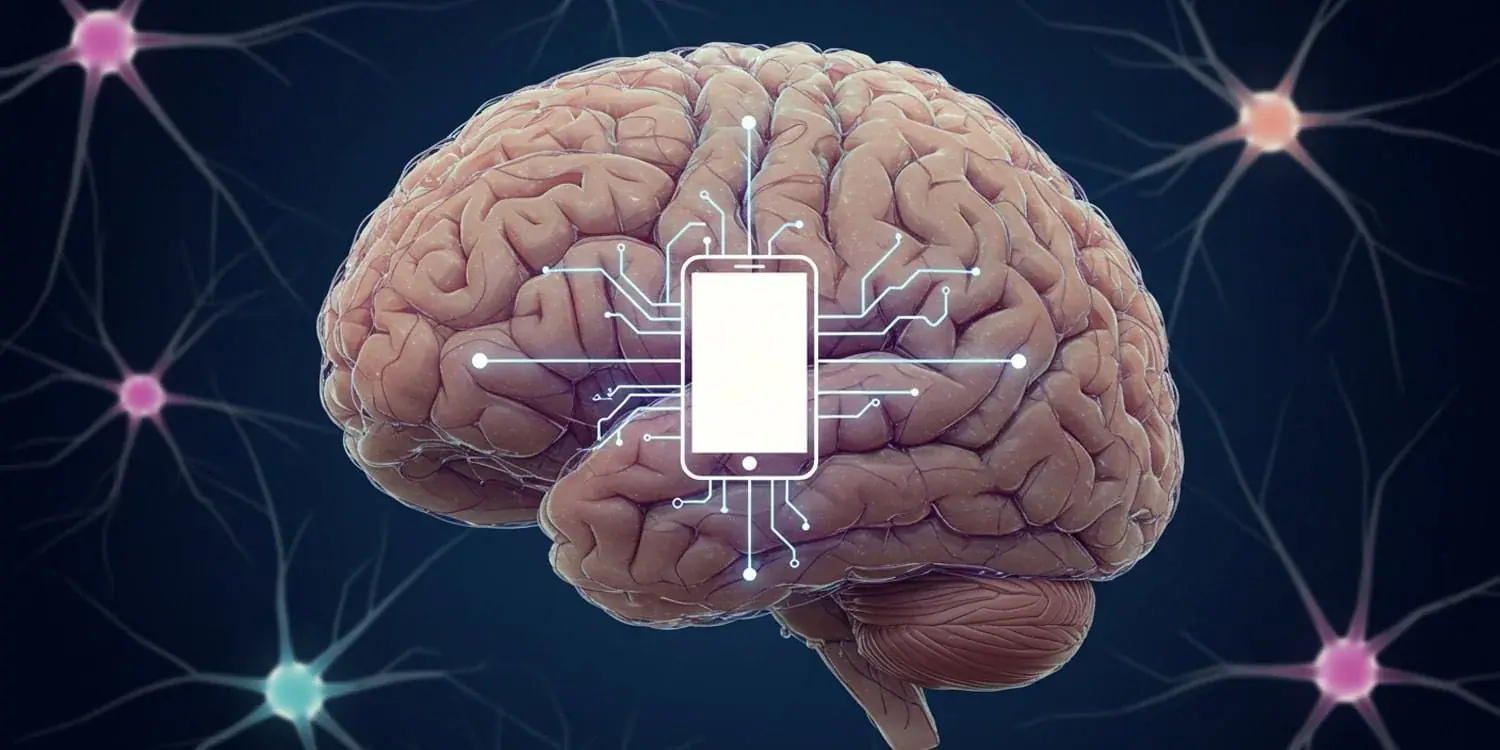
How 72 Hours Without Your Smartphone Affects Your Brain: A New Study Reveals
In today’s digital age, smartphones are nearly inseparable from our daily lives. But what happens when we’re without them for just a short period? A new study has provided groundbreaking insights into how a mere 72 hours without smartphone use can alter our brain's processes, particularly how we experience rewards.
The Study: Understanding the Effects of Smartphone Restrictions
Researchers have found that restricting smartphone use for just three days triggers significant changes in the brain's reward system. These changes are primarily observed in areas associated with dopamine and serotonin transmission. Both of these chemicals play a crucial role in motivation, pleasure, and general brain functioning. The findings were especially notable in brain regions responsible for processing rewards and desires, offering a glimpse into how deeply technology has integrated into our neural pathways.
Key Brain Regions Affected: Reward and Motivation Systems
The study revealed that after just 72 hours without smartphones, neural activity increased in the brain's parietal cortex—a region linked to attention, perception, and reward processing. Researchers also noted that this increased activity was accompanied by heightened feelings of craving and desire for smartphone use, signaling how quickly the brain adapts and begins to seek out its usual rewards.
This alteration in neural activity is a stark reminder of how smartphones have become deeply embedded in the brain's salience and reward networks, showing just how influential our devices are in shaping our thoughts, attention, and motivations. The cravings felt after such short periods of restriction highlight the powerful role smartphones now play in influencing our day-to-day mental states.
Implications for Mental Health and Well-being
While it’s no surprise that smartphones have become central to modern life, this study opens the door to better understanding the long-term impacts of excessive smartphone use on our mental health. The ability of smartphones to activate our reward system—often causing us to crave that next notification, message, or interaction—can lead to addiction-like behaviors. This could also explain why many individuals experience feelings of anxiety, FOMO (fear of missing out), or stress when their devices are out of reach.
As technology becomes even more ingrained in our lives, it’s crucial to recognize the effects it has on our brains. Taking intentional breaks, such as digital detoxes or periods of smartphone restriction, may help recalibrate the brain’s reward systems and foster a healthier balance between real-world and digital experiences.
Conclusion: Can You Live Without Your Smartphone?
The results of this study suggest that even brief periods without our smartphones can significantly affect how we feel about our devices and our cravings for them. While smartphones can enhance convenience and connectivity, their impact on our brain’s reward centers should not be underestimated. Taking regular breaks from screen time may be a simple but effective way to protect our mental health and preserve the natural balance of our brain’s reward systems.
Sources:
Neuroscience News
Psychology Today
Frontiers in Psychology

Even with the hotel room empty, always knock three times before entering.

Maximize Your Savings on Electricity: With the right usage, this simple trick can reduce your energy consumption by half, slashing your electricity bill each month.
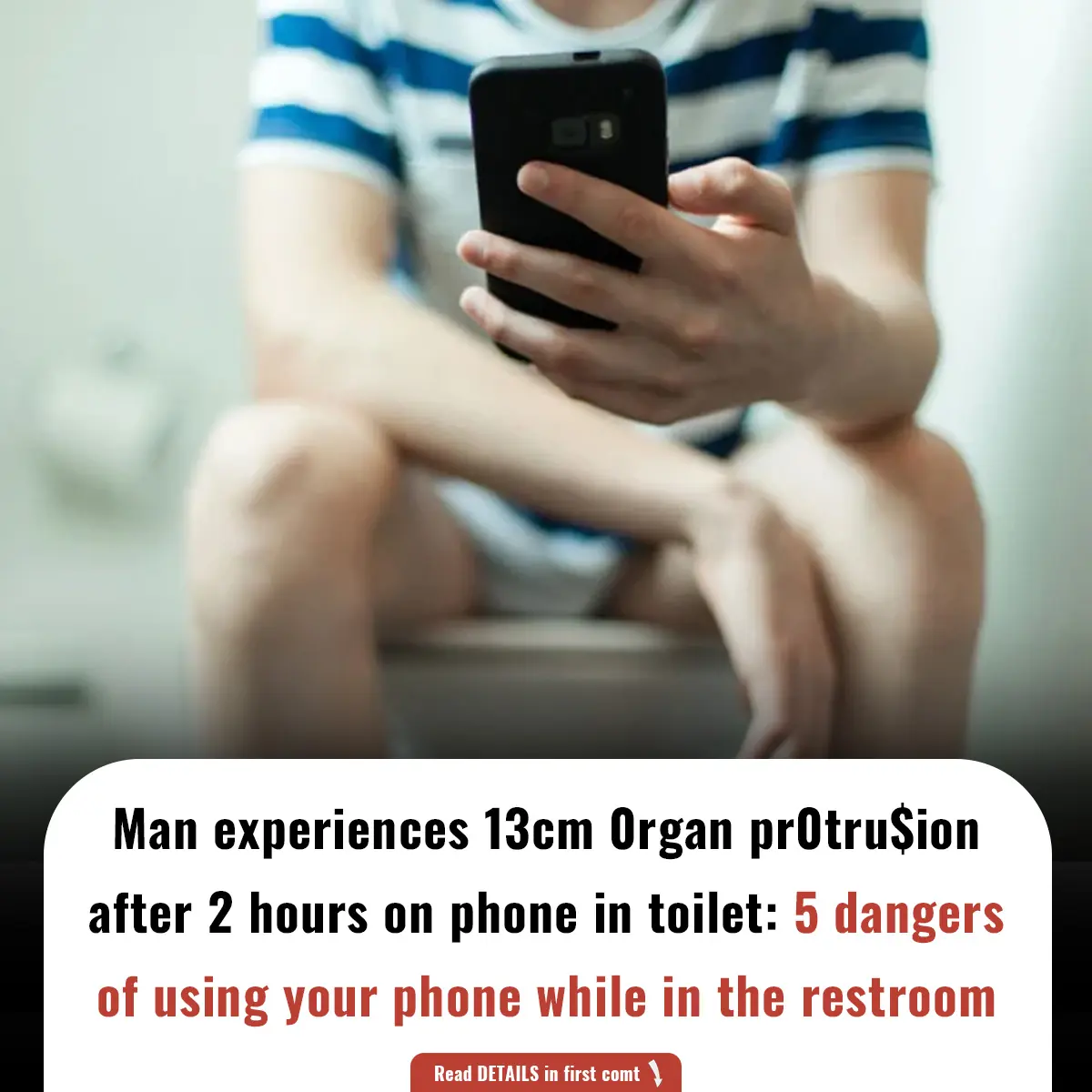
Using your phone while in the bathroom may seem like a harmless habit, but experts warn that this seemingly innocent activity can lead to serious, long-term consequences. Find out why you might want to rethink your bathroom routine.

In traditional wisdom, the arrival of these animals in your home is seen as a sign of blessings, promising luck and abundance for the family.

When purchasing prepackaged foods marketed as "better for you," watch for hidden sugar, sodium, unhealthy oils, additives and more, a dietitian says.

Layne Horwich lives independently, found the lump herself and surprised doctors with her treatment choice. What older women should know about breast cancer risk.

A medic has revealed that a sign of serious heart condition could be spotted in your nails.

Who's most at risk of getting skin cancer and where on the body it can show up

Millennials were found to be hardest-hit in new anaylsis of data

Men should not hesitate to consult their doctors about any symptoms or concerns they have regarding their prostate health.

By understanding the causes, symptoms, and treatment options for urticaria, individuals can take proactive steps to manage the condition and prevent future outbreaks.

You may be tempted to take a cold shower this summer if you're looking for methods to chill down before bed, but an expert has cautioned against it.
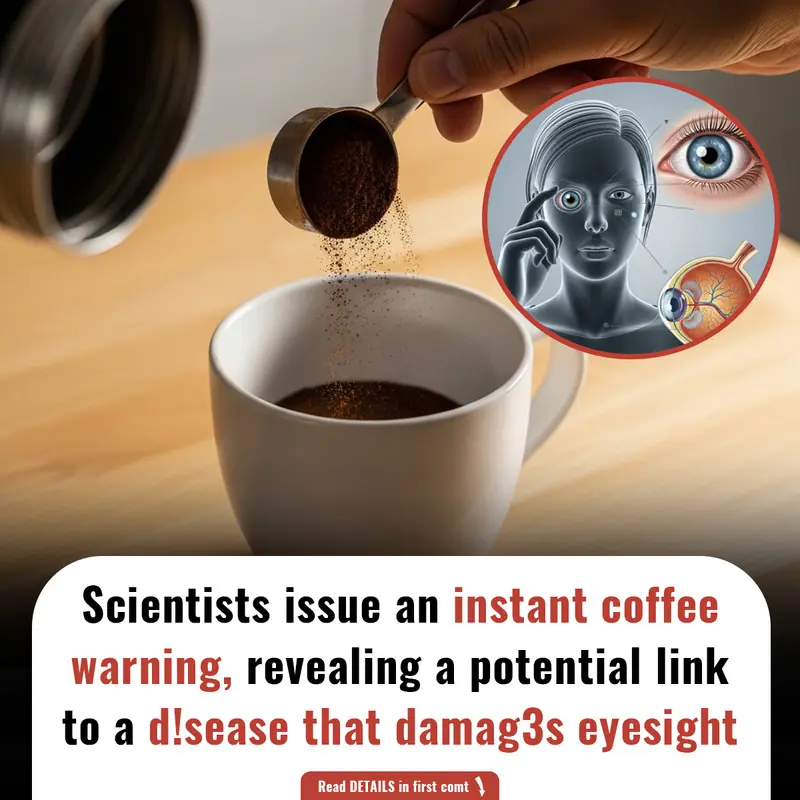
Read on for telltale signs of the common eye disease that affects over-50s
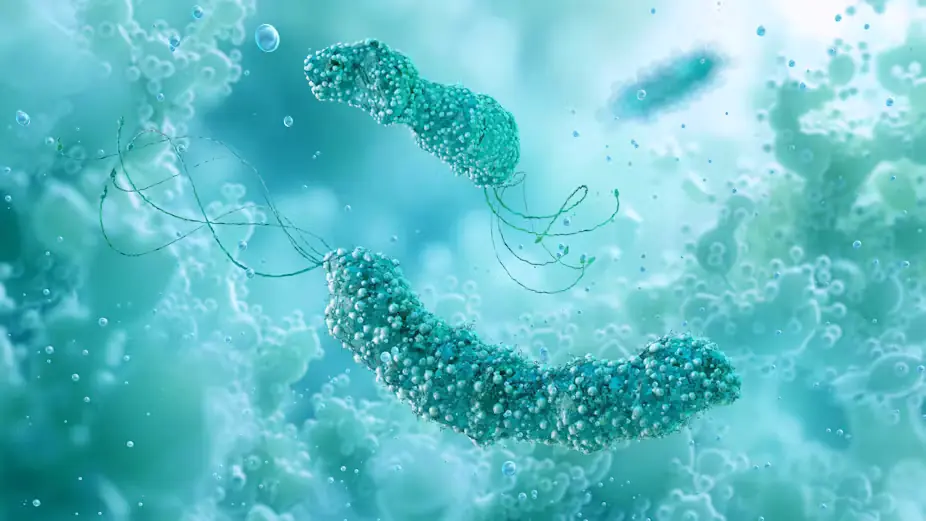
Researchers have discovered that a protein from Helicobacter pylori, a bacteria linked to stomach ulcers, could block Alzheimer’s-related proteins and offer a new approach to neurodegenerative disease treatment. Learn how this breakthrough could change

Discover the health benefits of waking up before 7 AM, including improved sleep quality, better immunity, and enhanced emotional resilience. Learn how early risers boost productivity and reduce anxiety by following their circadian rhythm.
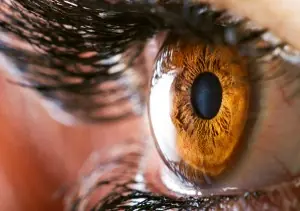
Learn about the unique cornea, its oxygen absorption from the air, and how wearing contact lenses can affect its health. Discover tips to maintain corneal transparency and clear vision.

BNT116, the world’s first lung canc3r vaccine developed by BioNTech, is now in clinical trials. Learn how this mRNA vaccine aims to target non-small cell lung canc3r and revolutionize canc3r treatment.
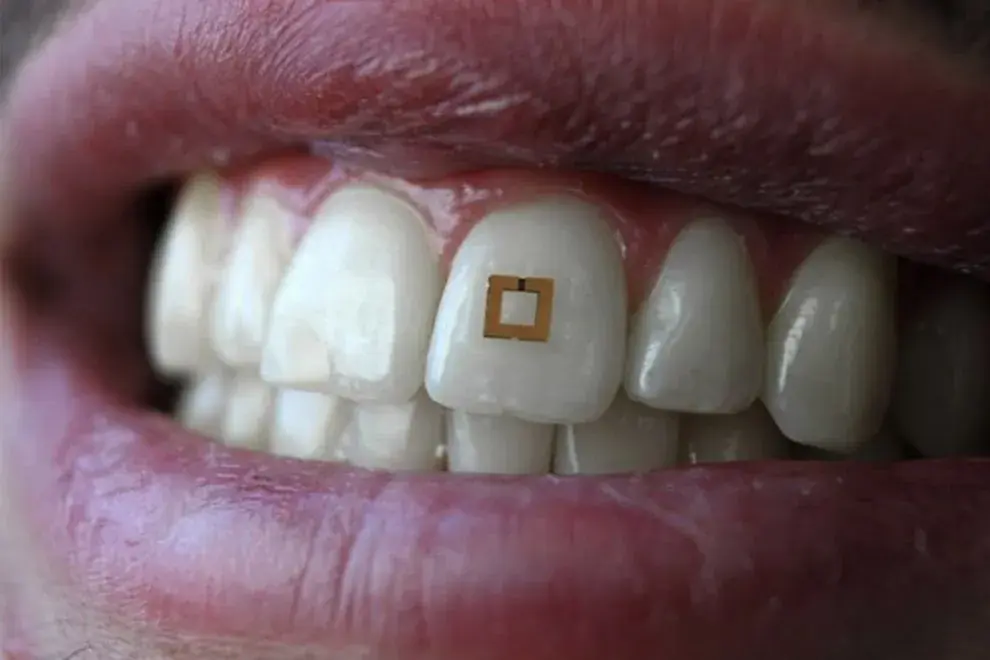
Tufts University scientists have developed a groundbreaking smart tooth implant that integrates with gum tissue and nerve pathways, offering a more natural dental solution. Learn how this innovative implant could revolutionize dental care.

Dandelion root extract (DRE) shows potential as a canc3r-fighting agent, with lab studies indicating its effectiveness in destr0ying canc3r cells and slowing tumor growth. Learn more about the research behind DRE and its benefits for various types of canc

Discover the true story of Welles Crowther, a young equities trader whose selfless heroism on September 11 saved countless lives—and became a lasting symbol of bravery.

Unlike chemical-based dyes, this DIY homemade hair dye doesn’t expose your hair to harsh chemicals, which can cause damage over time.

Vietnam veteran James Pack's heartwarming reunion with dogs Bailey & Blaze, made possible by PetSmart's kindness and community support after his heart attack. Celebrate their unbreakable bond!

Even with the hotel room empty, always knock three times before entering.

A father teaches his son about value with a 50-year-old Volkswagen Beetle. Read this inspiring story! ❤️🚗

Discover how Robin Williams used his fame and influence to help the homeless, hiring individuals on set, making anonymous donations, and showing kindness without seeking praise. A true act of selfless service.

From natural remedies to advanced treatments, incorporating Vaseline into your skincare routine can enhance the health and appearance of your skin.

Tanya's hands trembled as she gripped the kitchen counter, the words echoing in her skull like a de@th knell. "You're right, darling. There is a son... after all, you couldn't."

By incorporating coffee into your skincare routine through DIY face masks, scrubs, and oils, you can harness its full potential and enjoy youthful, glowing skin without harsh chemicals or expensive treatments.

Maximize Your Savings on Electricity: With the right usage, this simple trick can reduce your energy consumption by half, slashing your electricity bill each month.

On her wedding day, Serene’s fiancé disappears, leaving her in shock. When the truth behind his sudden disappearance unravels, secrets about his past and their relationship come to light—revealing a love story full of twists and mysteries.

Using your phone while in the bathroom may seem like a harmless habit, but experts warn that this seemingly innocent activity can lead to serious, long-term consequences. Find out why you might want to rethink your bathroom routine.

A kind gesture from a stranger led to a life-changing gift and an unexpected journey of kindness. Discover how Alena’s life was transformed by a mysterious man’s $50,000 legacy and the ripple effect it had on others.

In traditional wisdom, the arrival of these animals in your home is seen as a sign of blessings, promising luck and abundance for the family.

When purchasing prepackaged foods marketed as "better for you," watch for hidden sugar, sodium, unhealthy oils, additives and more, a dietitian says.

A wife tired of being taken for granted decides to walk away from her family for a while, forcing her husband to realize the true value of her work and the struggles of motherhood. This powerful story shows how sometimes, silence is the most powerful stat

Layne Horwich lives independently, found the lump herself and surprised doctors with her treatment choice. What older women should know about breast cancer risk.

Natural treatments like amla oil, curry leaves, onion juice, and castor oil can promote melanin production and improve hair health.

Esther Klein’s life of silent sacrifice was finally recognized during a cruise she’d never expected to change her life. Discover how the ship’s captain revealed her untold story, and the shocking twist that left everyone in awe.

A medic has revealed that a sign of serious heart condition could be spotted in your nails.